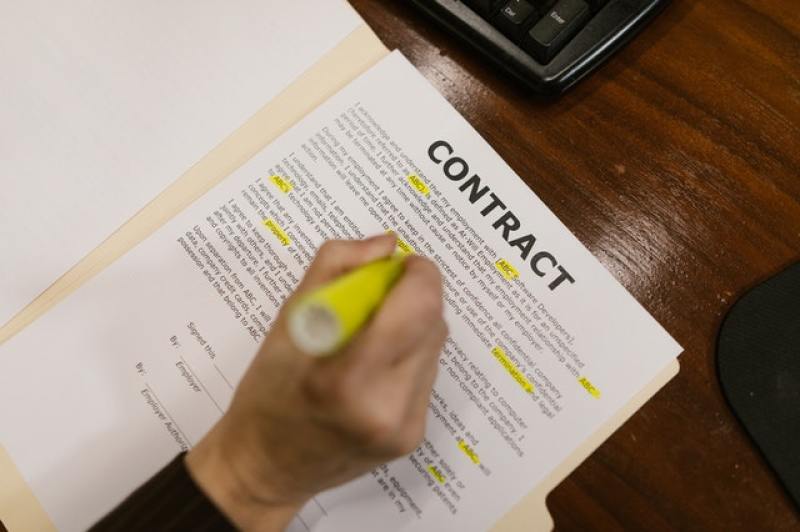
User agreements on social media sites and other technology-based tools are often lengthy, written in tiny font, and tedious to read, which is why an overwhelming number of users go ahead and click "Accept" or "Agree" without reading the fine print.
This is why for the longest time, users have been unaware of how Big Tech censors Christians and other faith groups. Until a recent report has surfaced highlighting how these companies can use the "signed" user agreements to shut down accounts and censor individuals or corporations using such services like social media platforms, email clients, and more.
A new report drafted by the Napa Legal Institute has revealed how Big Tech censors Christians and other faith groups, WND reported. Through "user agreements" or "terms of use," Big Tech companies can "force religious organizations to abide by secular liberal values as a condition of using a product or service.
The report was written after the group analyzed the "community guidelines" or "acceptable use policies" of up to 25 major companies and subsidiaries. The result was that 21 out of 25 companies and subsidiaries have clauses in its user agreements that can be easily used to censor Christians and other faith groups.
According to the report, "Most tech companies claim unilateral power to ban religious groups for advocating constitutionally-protected viewpoints not shared by the company."
This is concerning because now, Big Tech companies such as those providing services or selling a product can now remove users or organizations from their platforms if their beliefs don't align with the tech companies'.
These Big Tech companies can now ban users or organizations from their platforms for "supporting traditional marriage, opposing abortion, questioning transgenderism, or holding any other belief currently out of cultural or political favor with Silicon Valley."
According to the report, over one-third of the 25 companies have exercised the power to censor Christians and other faith groups at least once. Twitter is famously known to have done this, with its most popular victim being the former President of the United States, Donald Trump himself. Trump is banned for life from the platform.
Marketing platform MailChimp, which has 11 million customers, says in their user agreement that they may "suspend or terminate" an account for using the company's platforms if a user is found to be distributing "hateful content" or content "that, in our sole judgment, could be reasonably perceived" to harass, intimidate, abuse, or discriminate.
The COVID pandemic has highlighted the issue of censorship of Christians and other faith groups, as well as right-leaning individuals and leaders. In fact, Big Tech has largely silenced medical experts who recommended using hydroxychloroquine and Ivermectin as treatment for COVID despite it being found effective in other countries' published studies.
"Big Tech and the federal government colluded to portray entire groups of medical experts as proponents of misinformation," Newsweek reported in July. "This censorship damaged the reputations of countless medical professionals and respected scientists who are now questioned and excoriated because of the one-sided set of 'facts' determined by bureaucrats and tech giants."
As a result, Republican leaders and conservative advocates are trying to abolish Section 230 of the Communications Decency Act to finally hold Big Tech accountable for censoring views that they do not agree with.






























